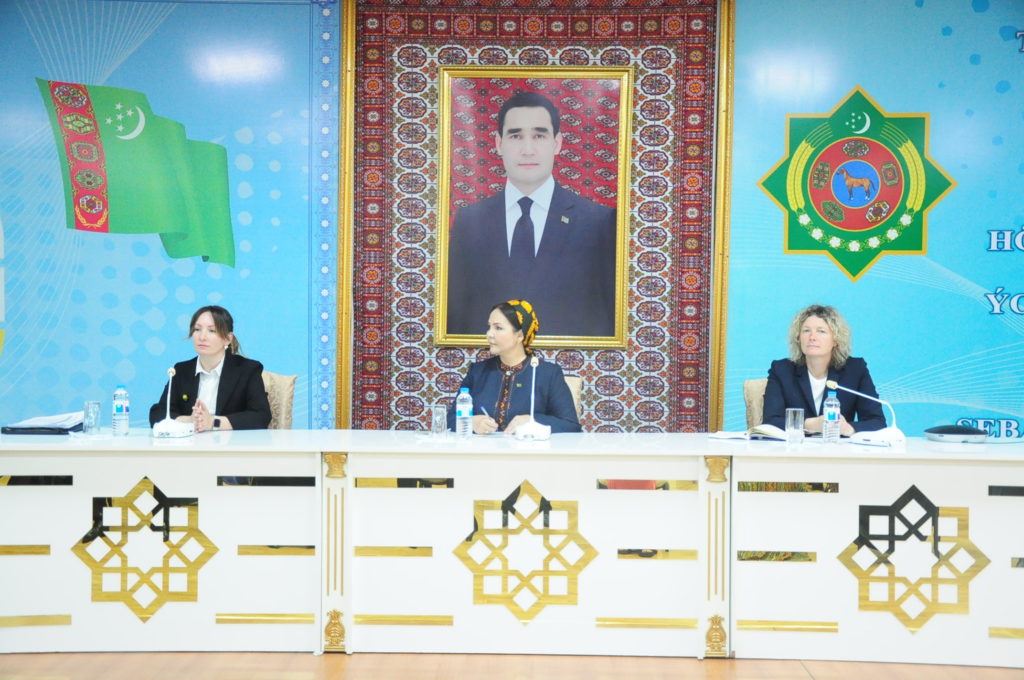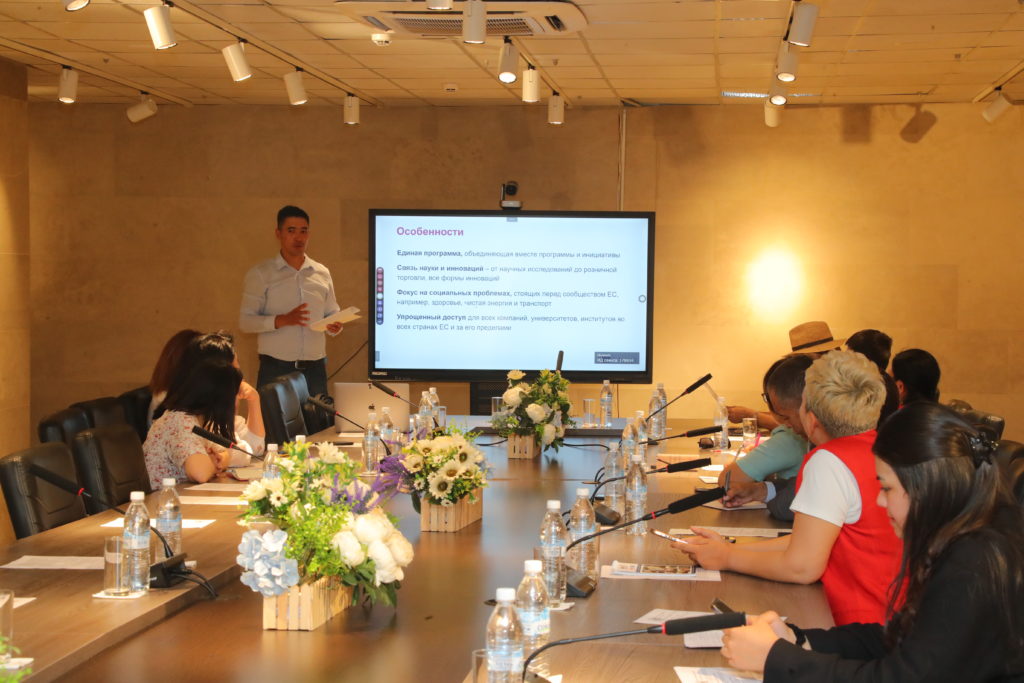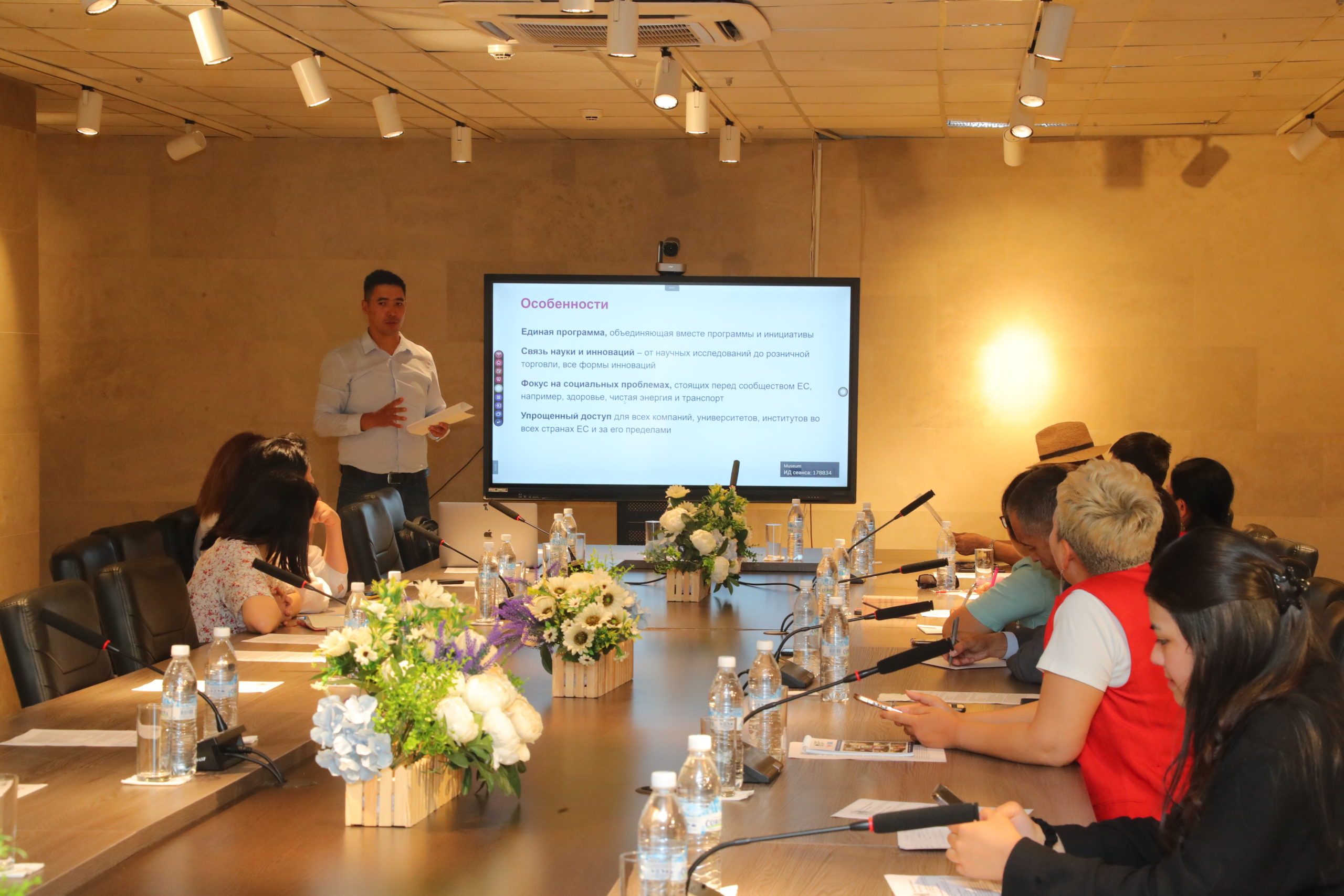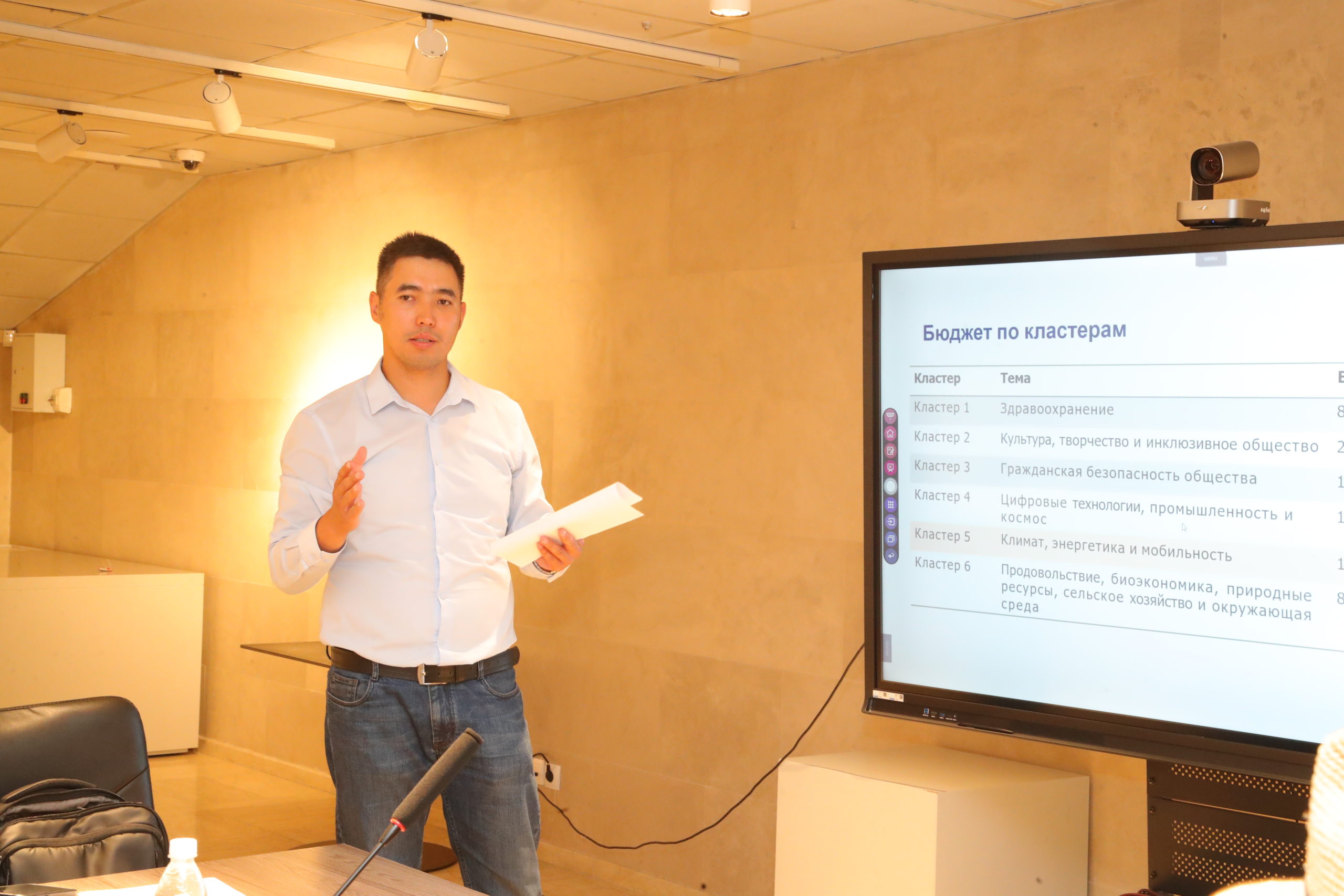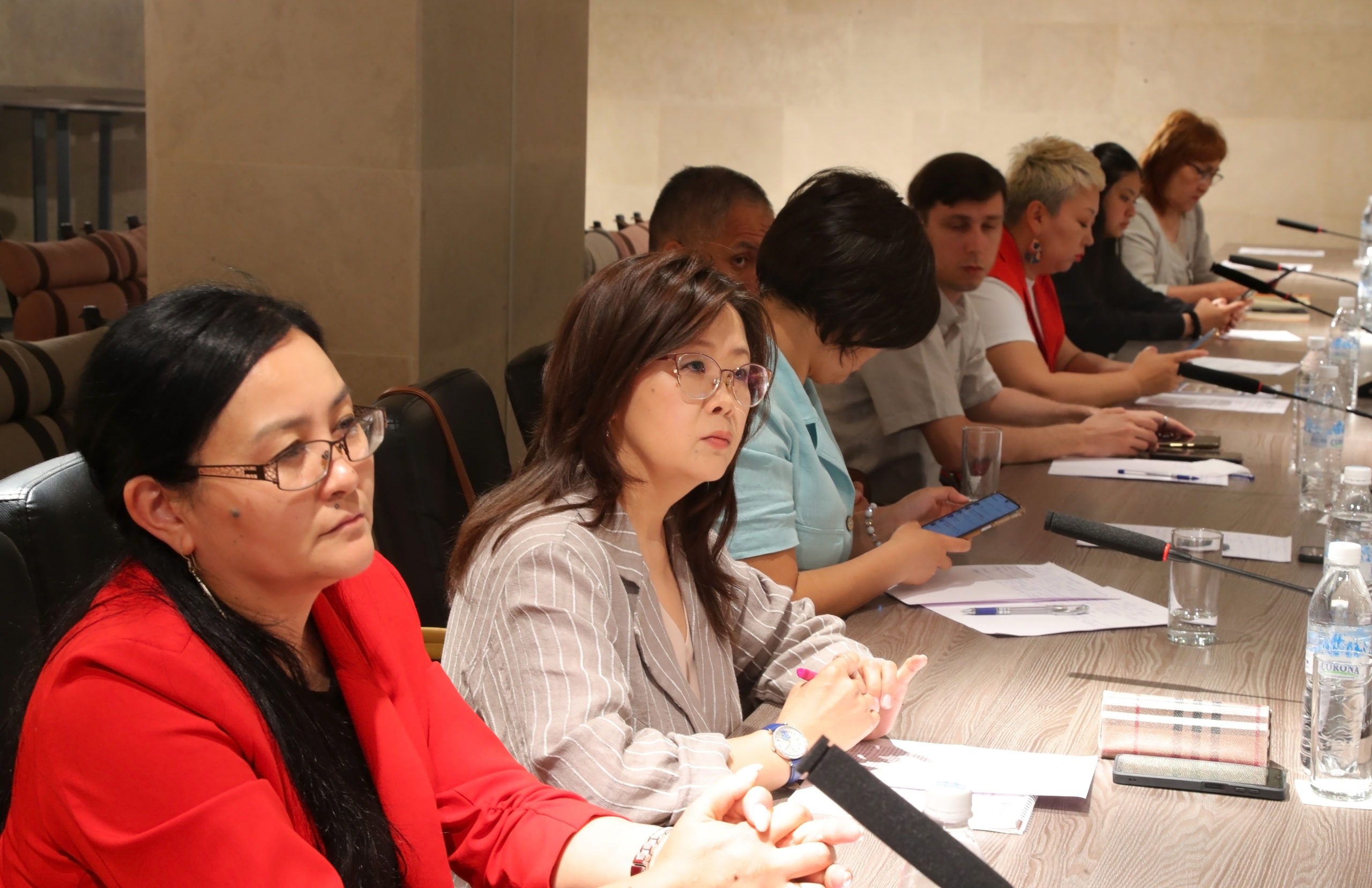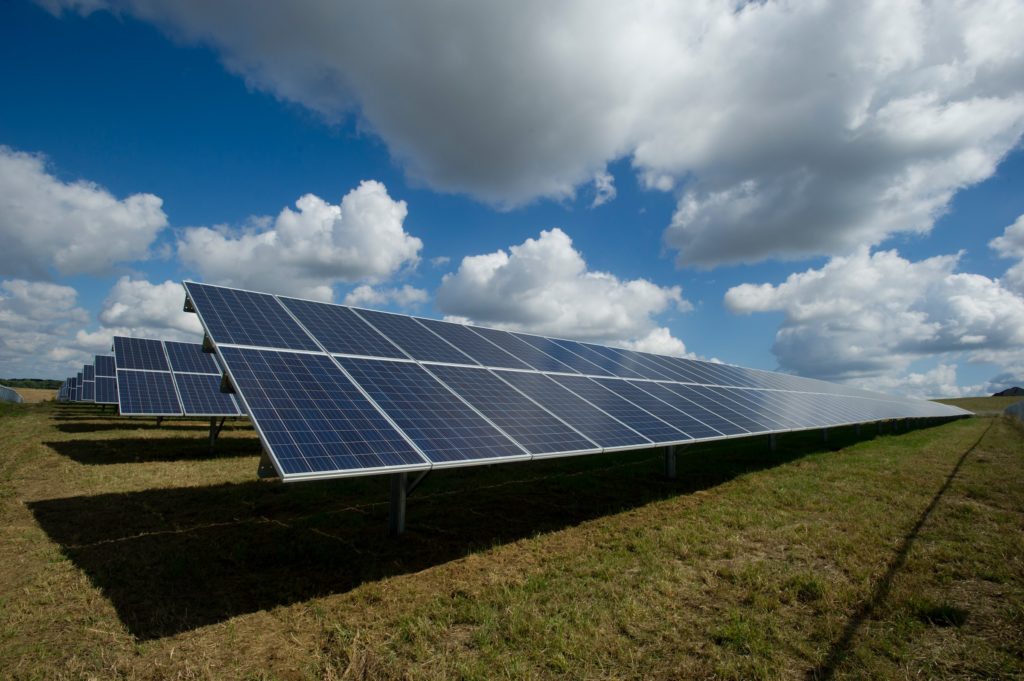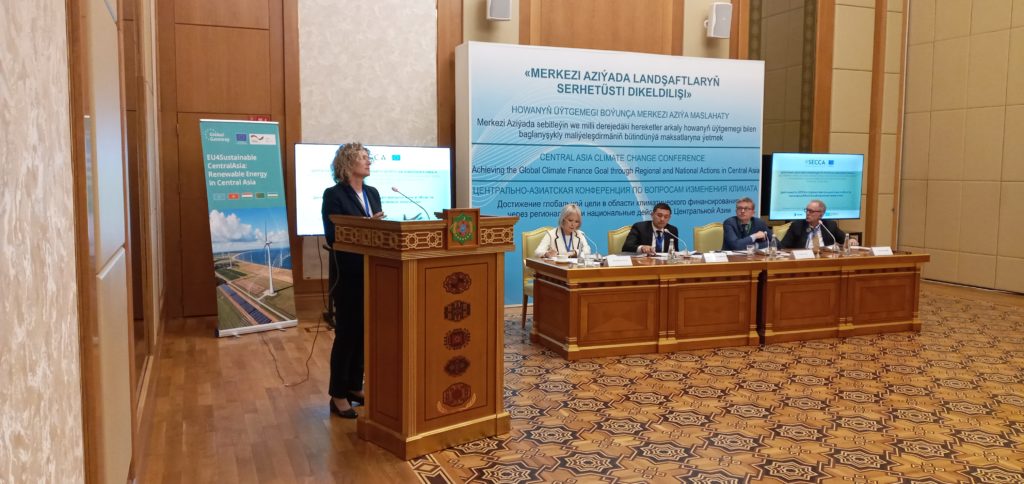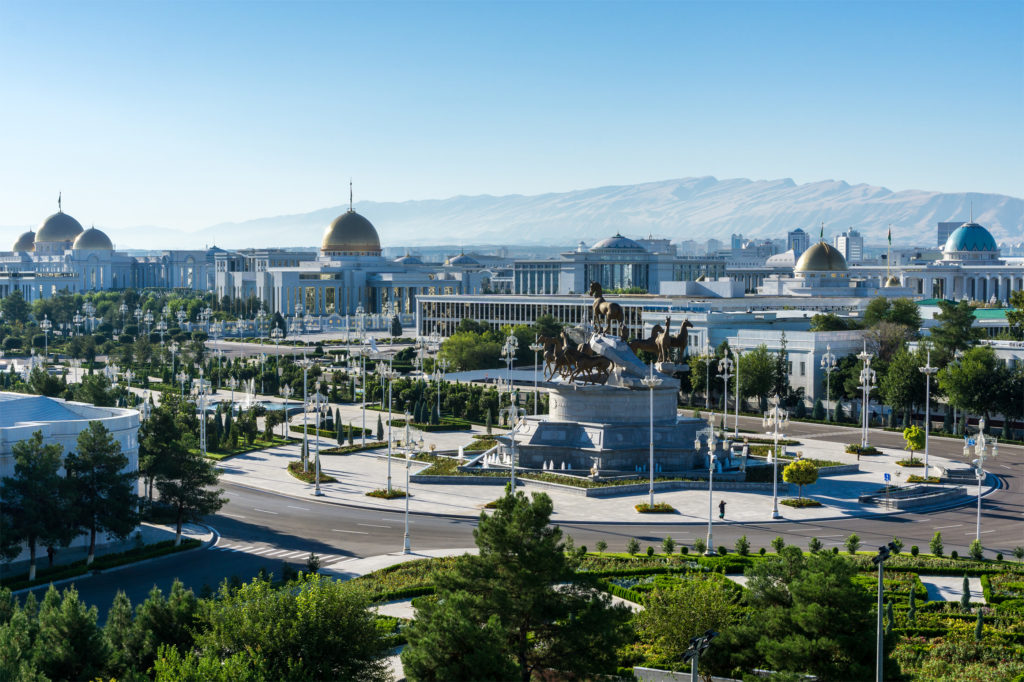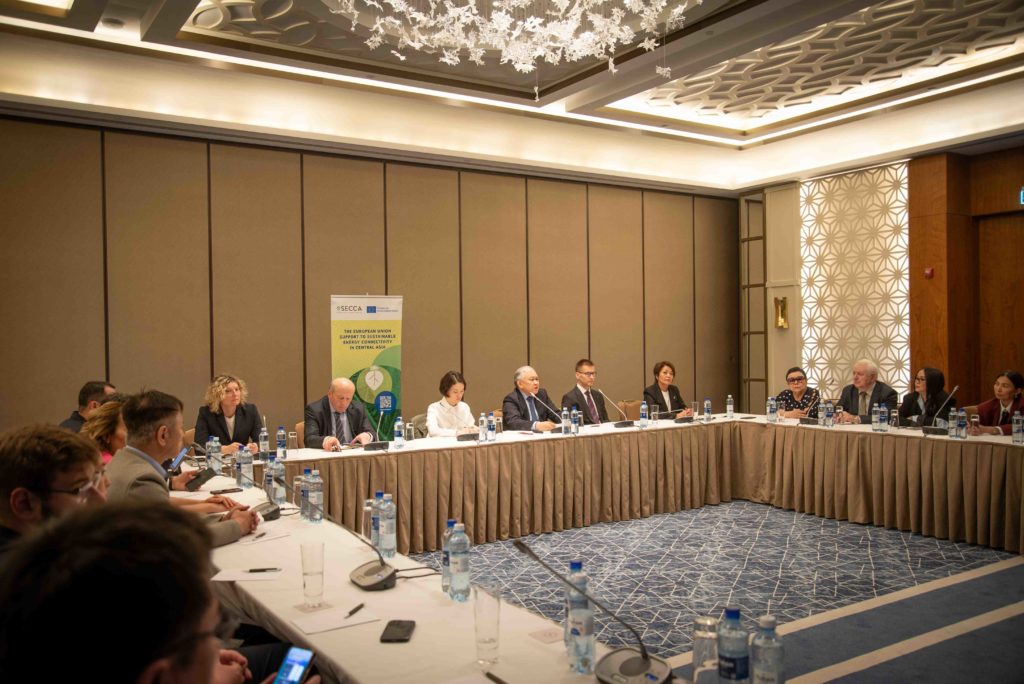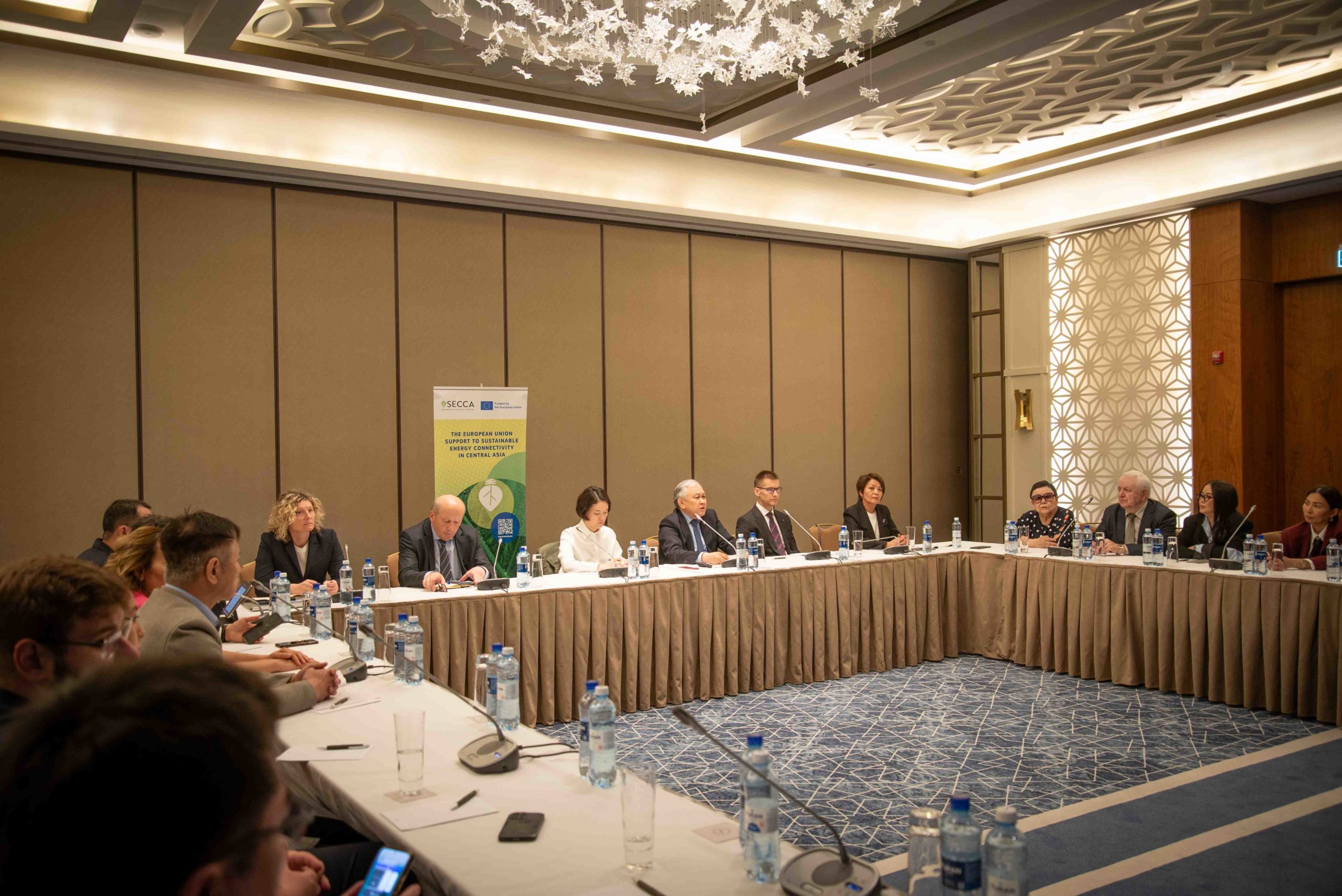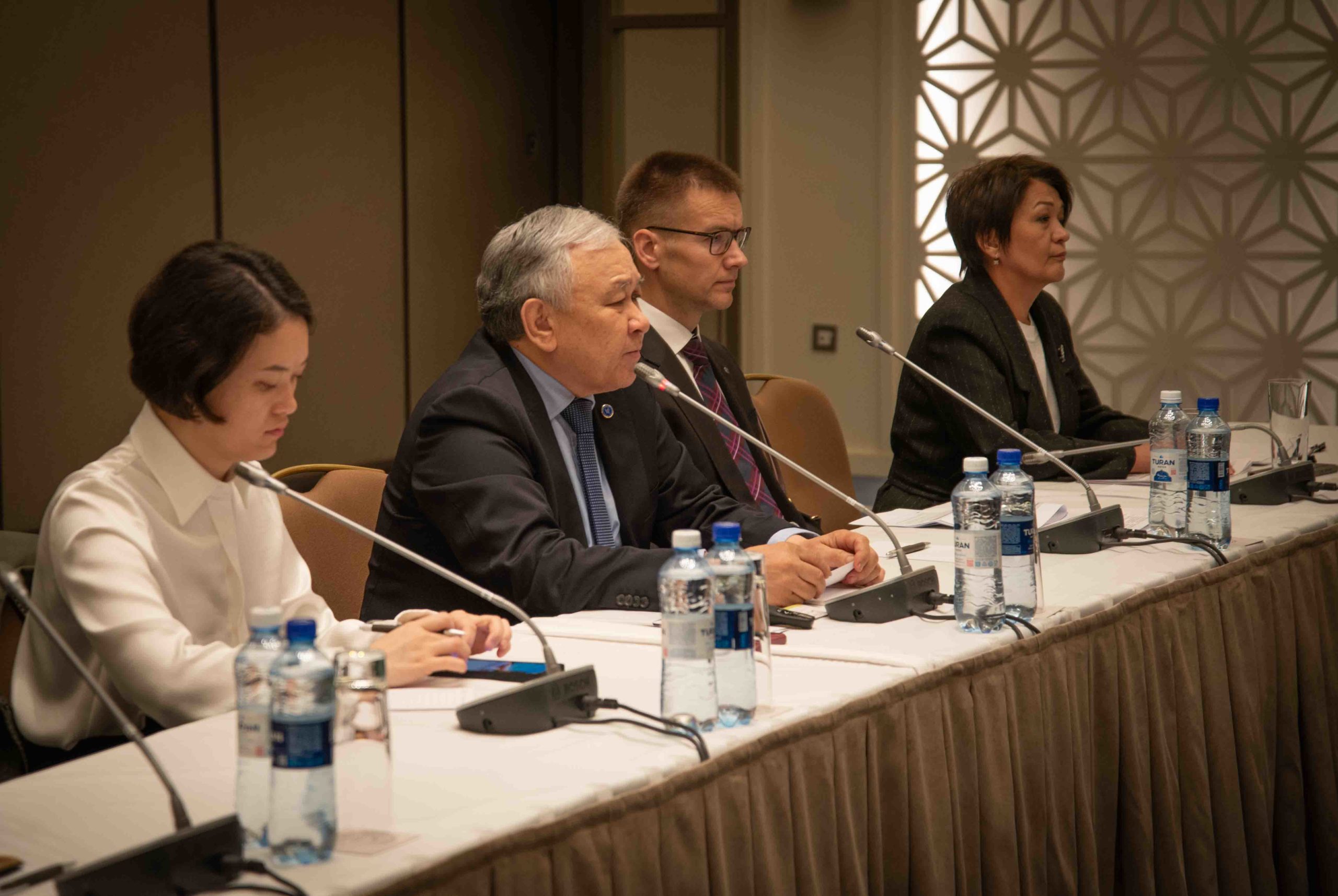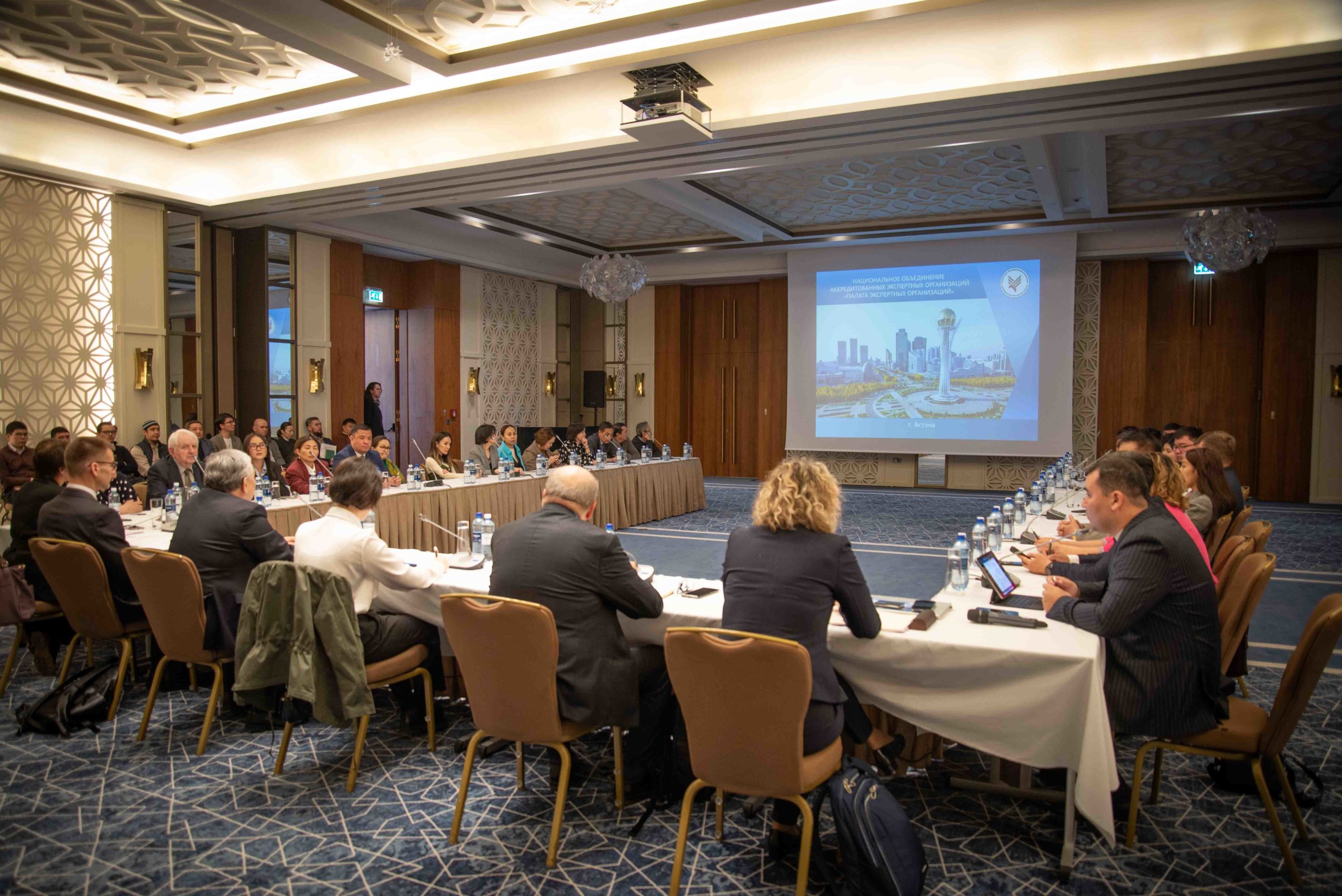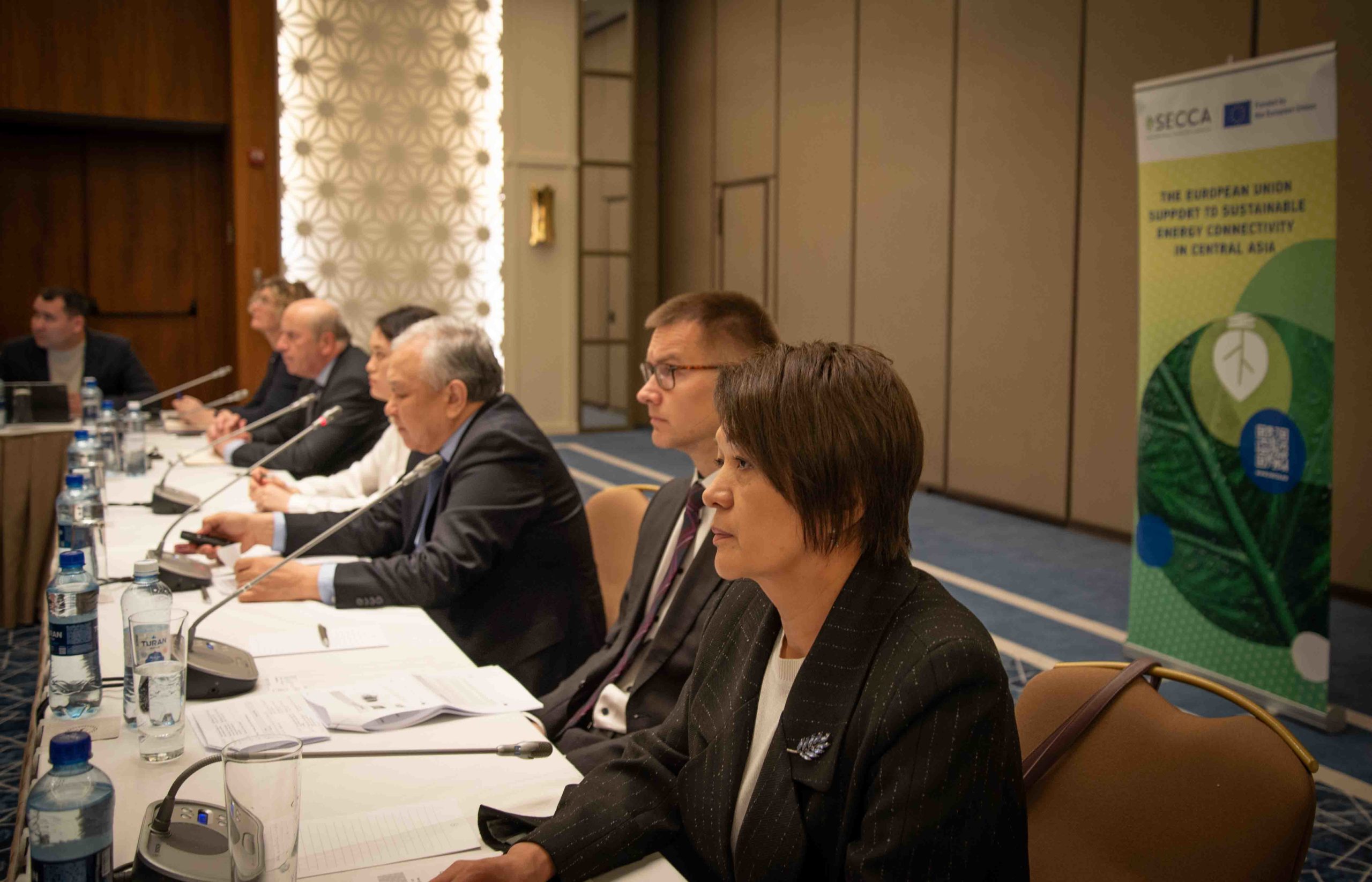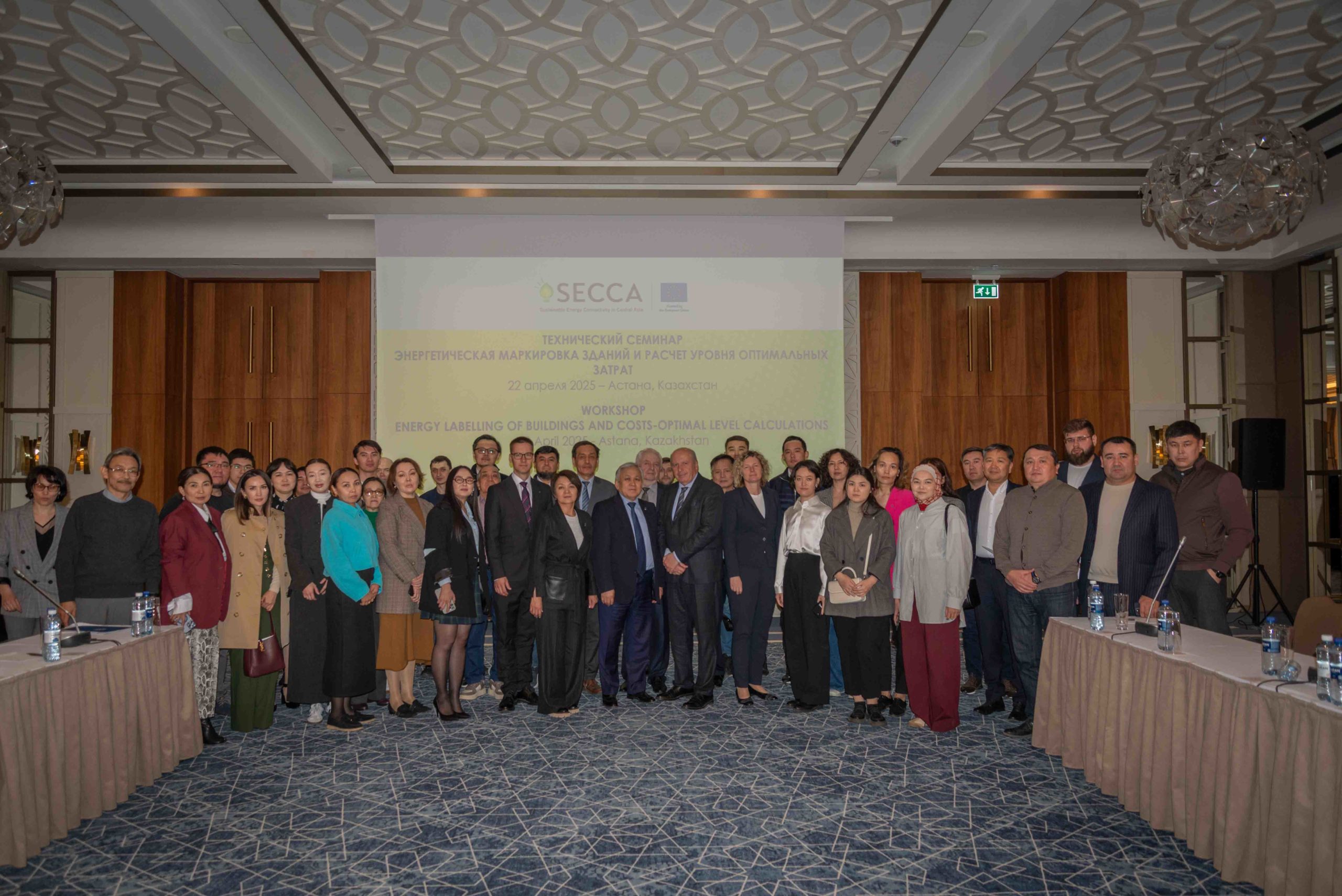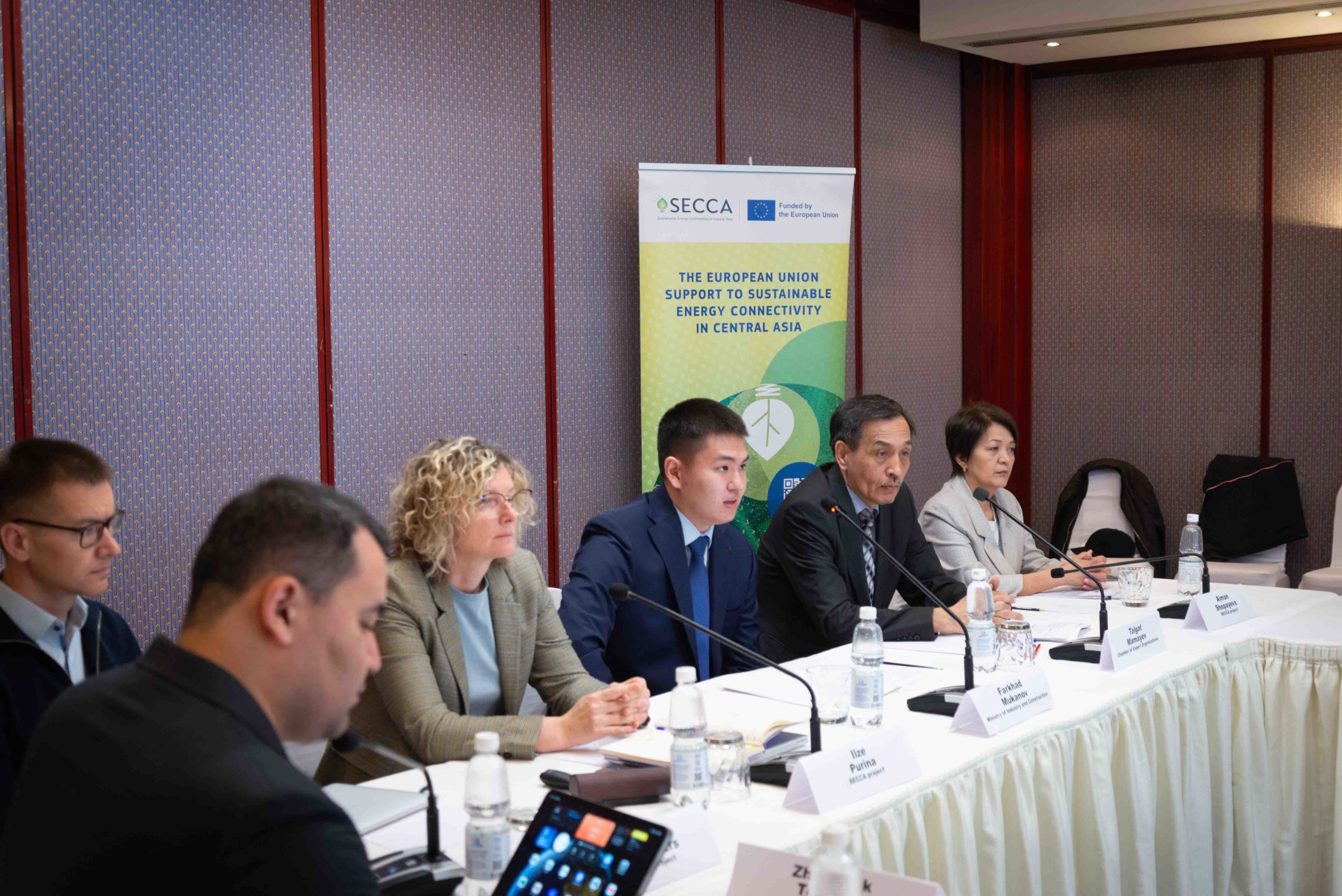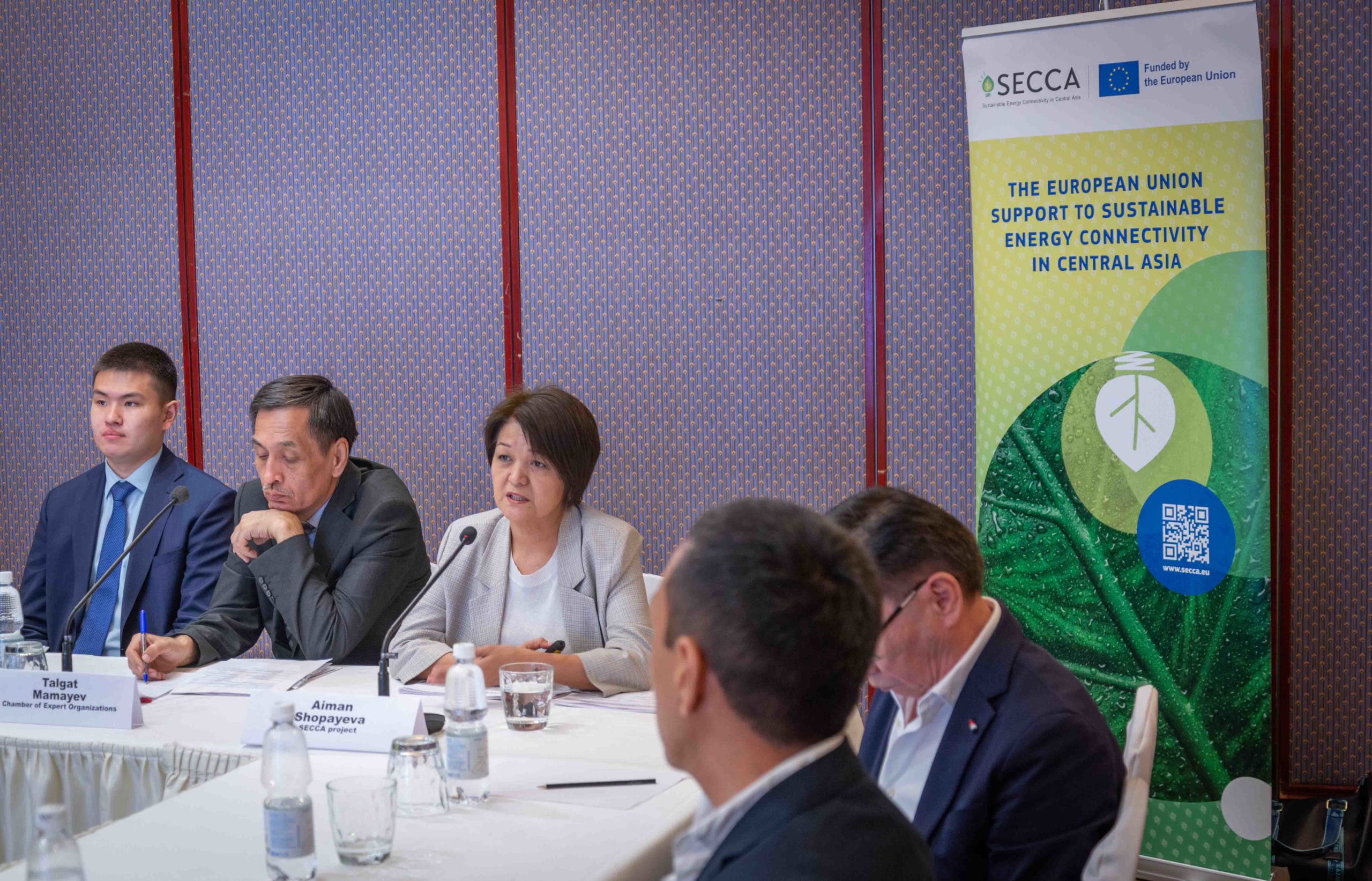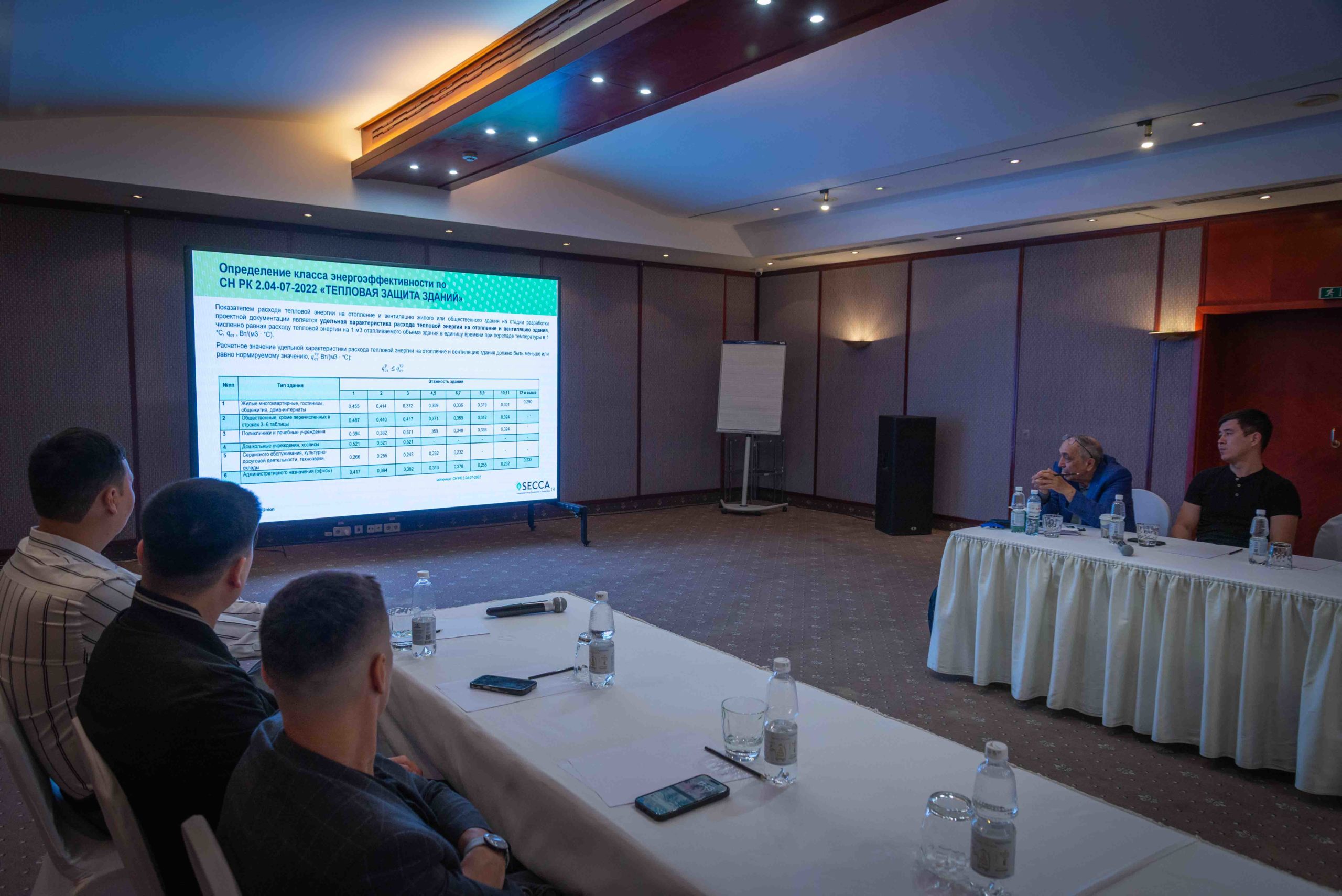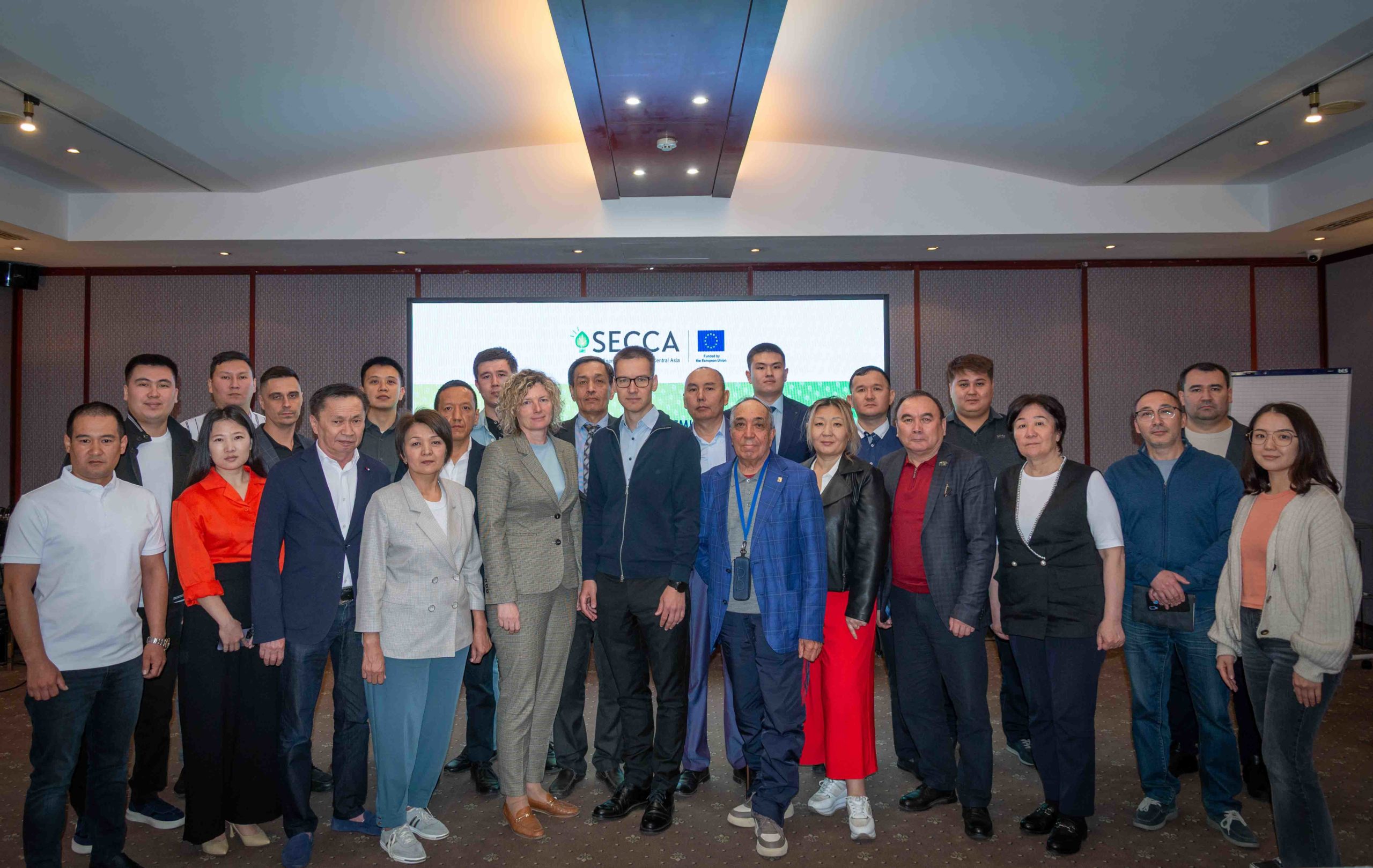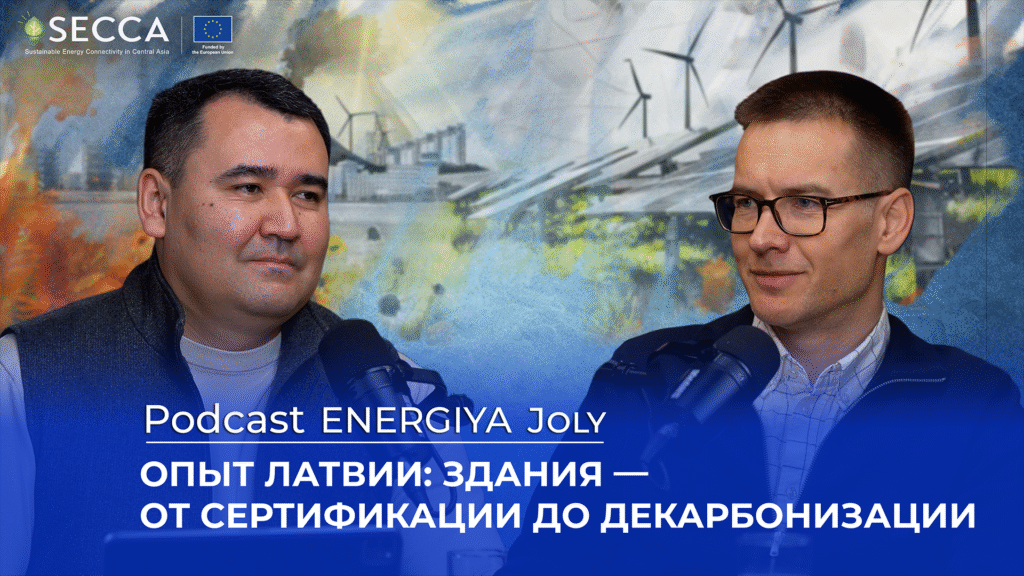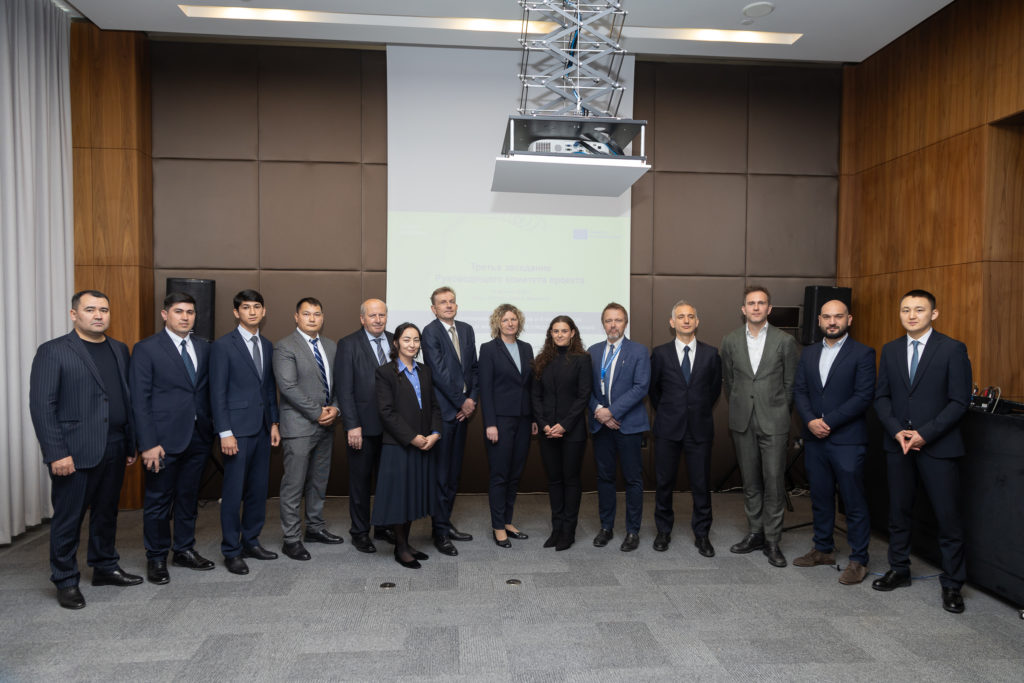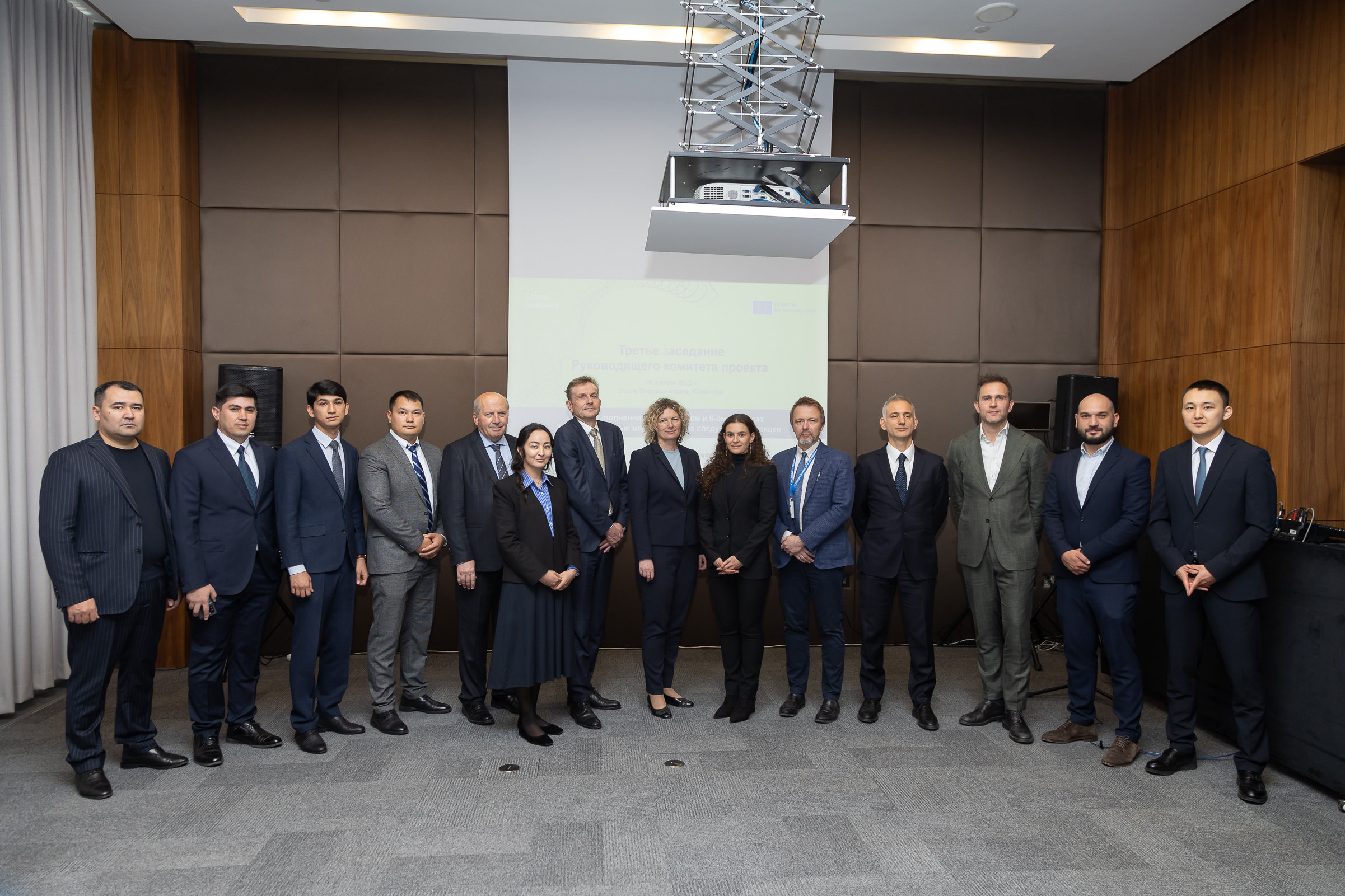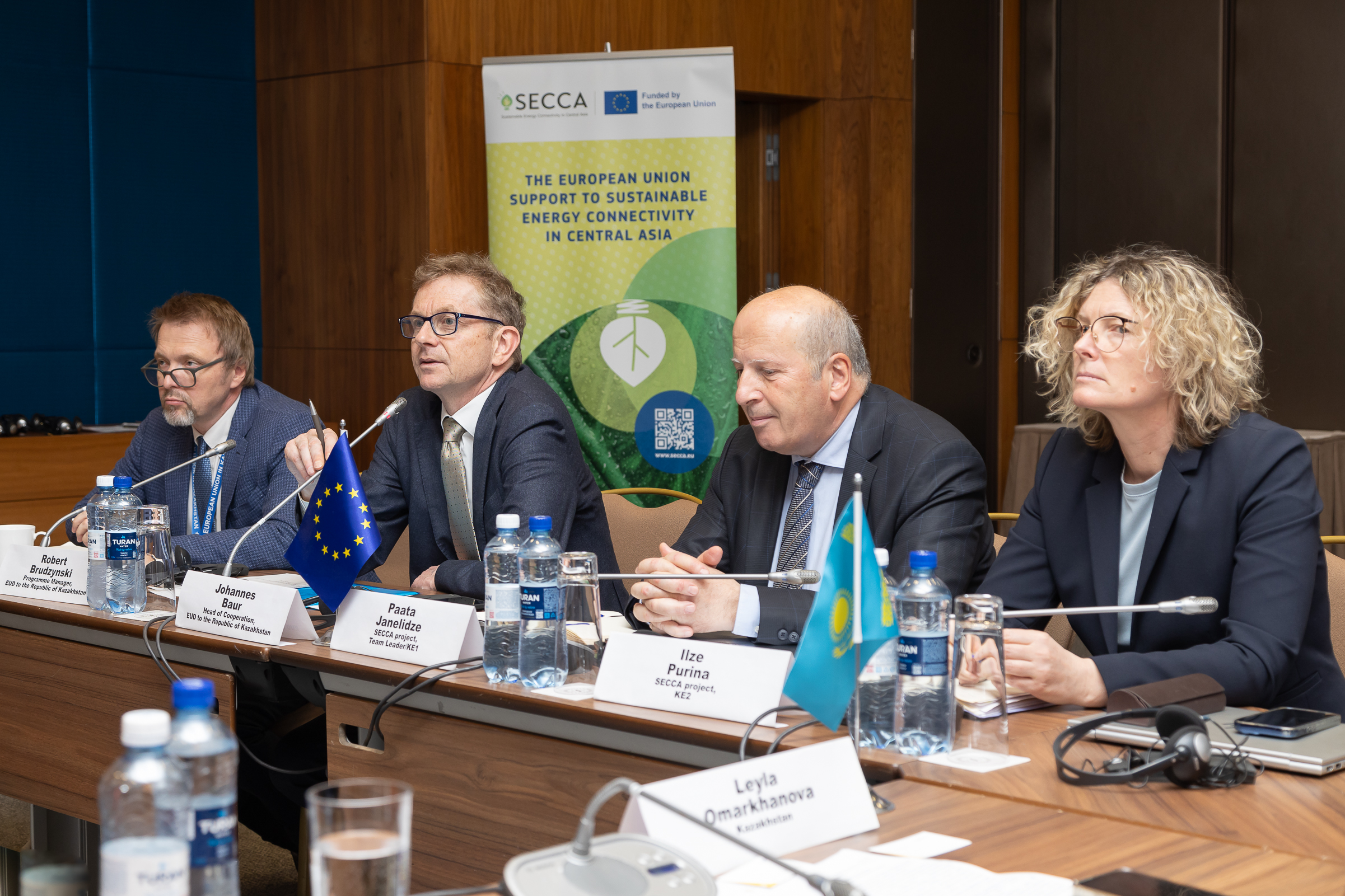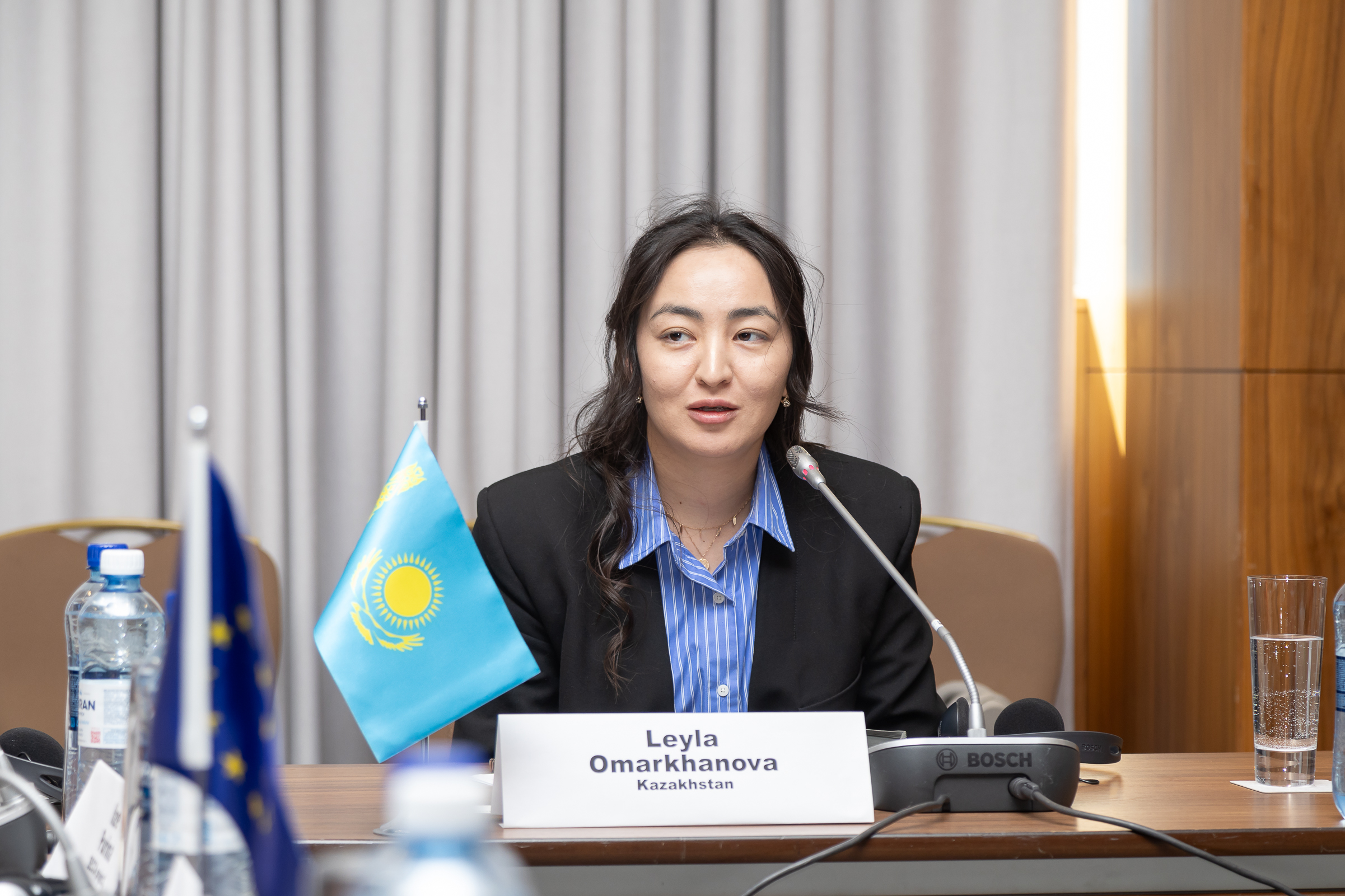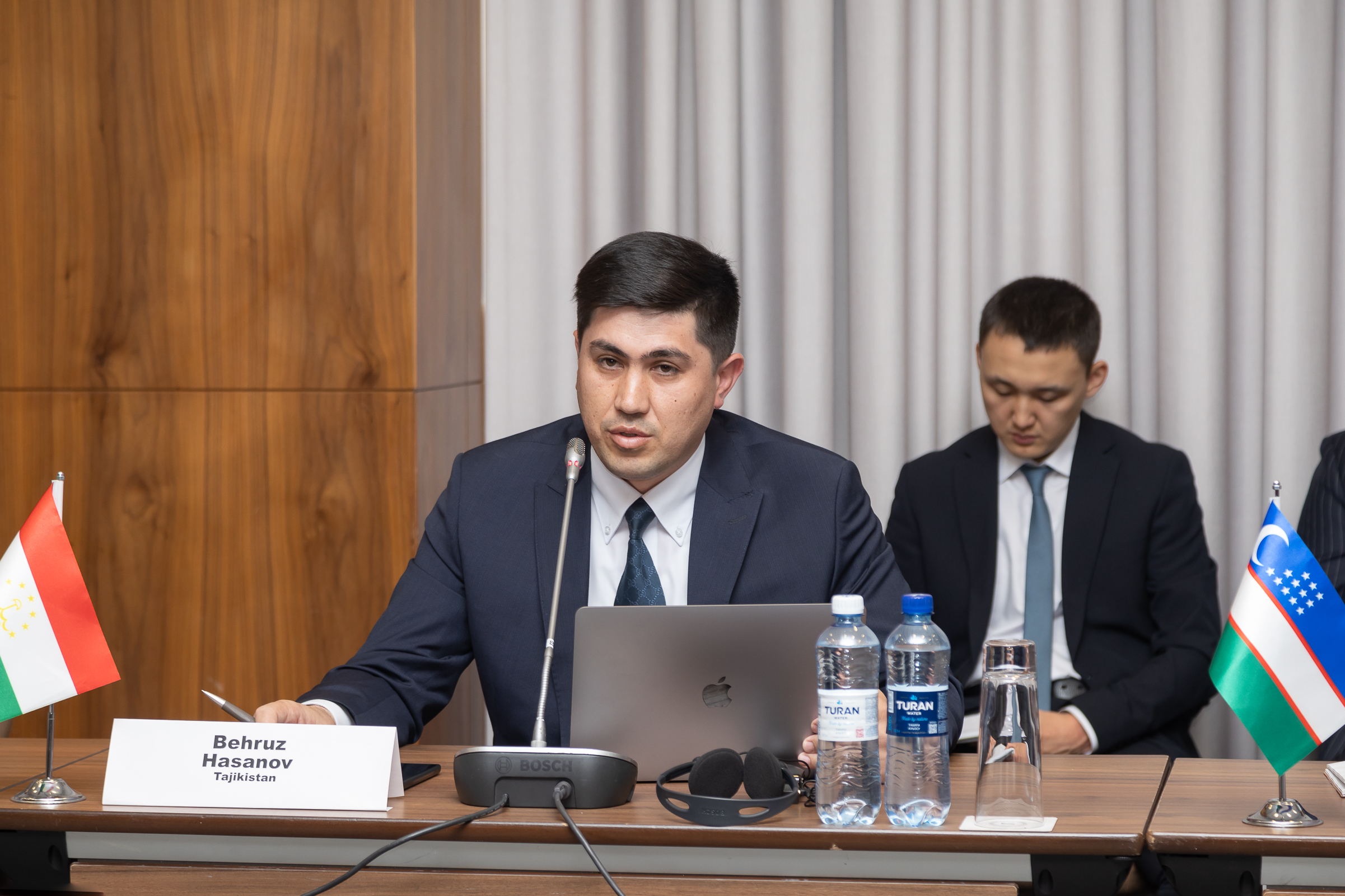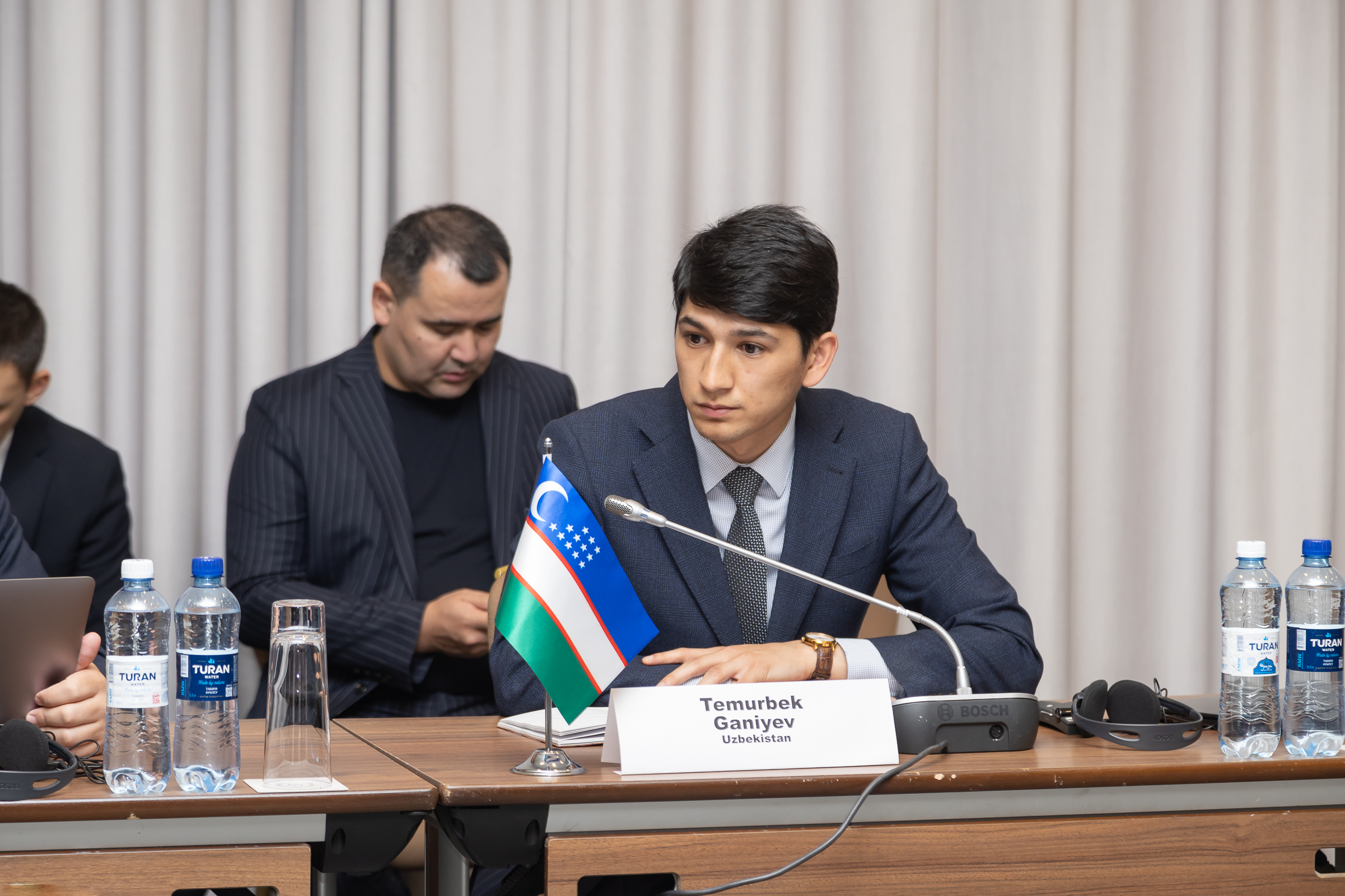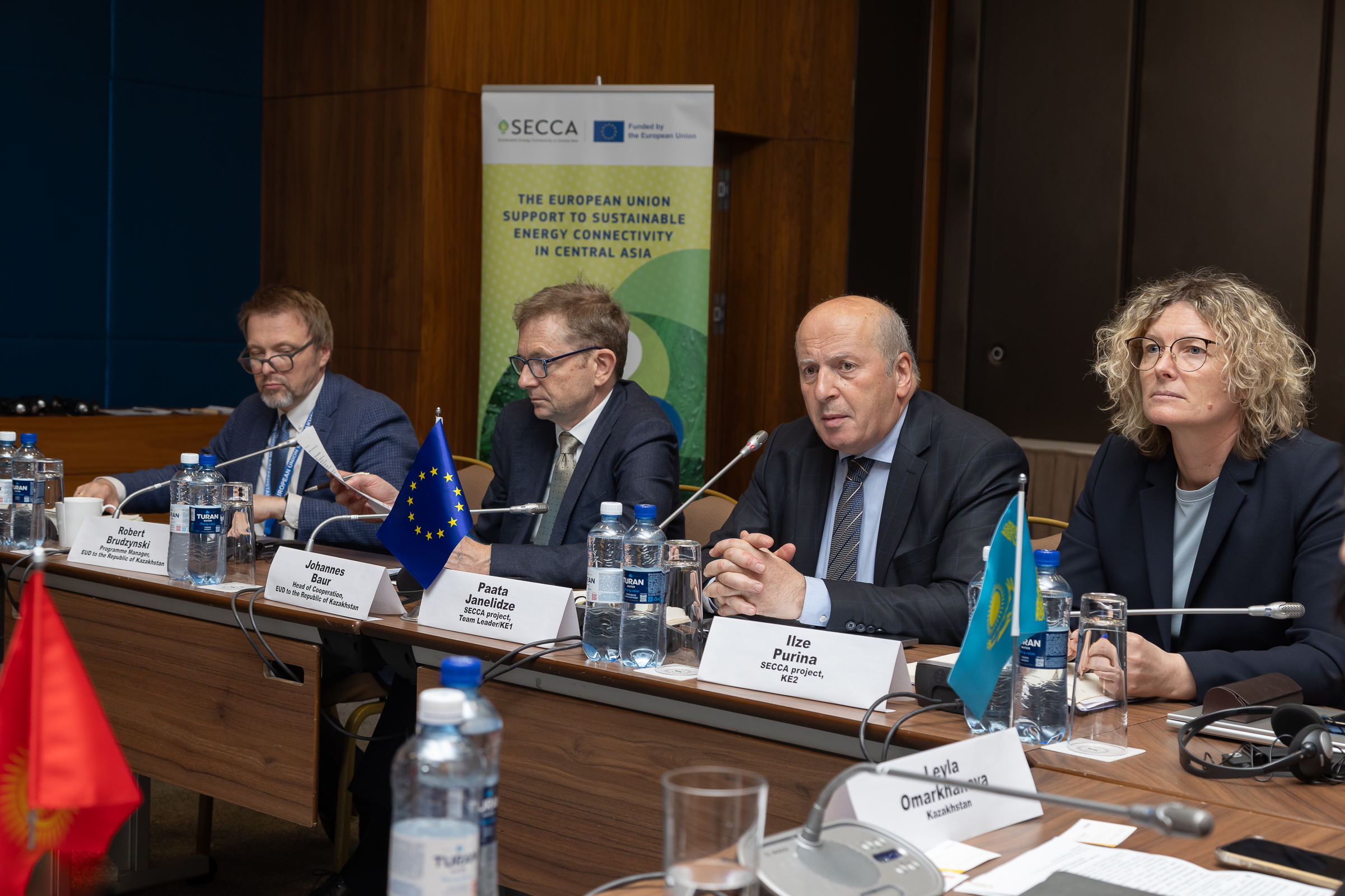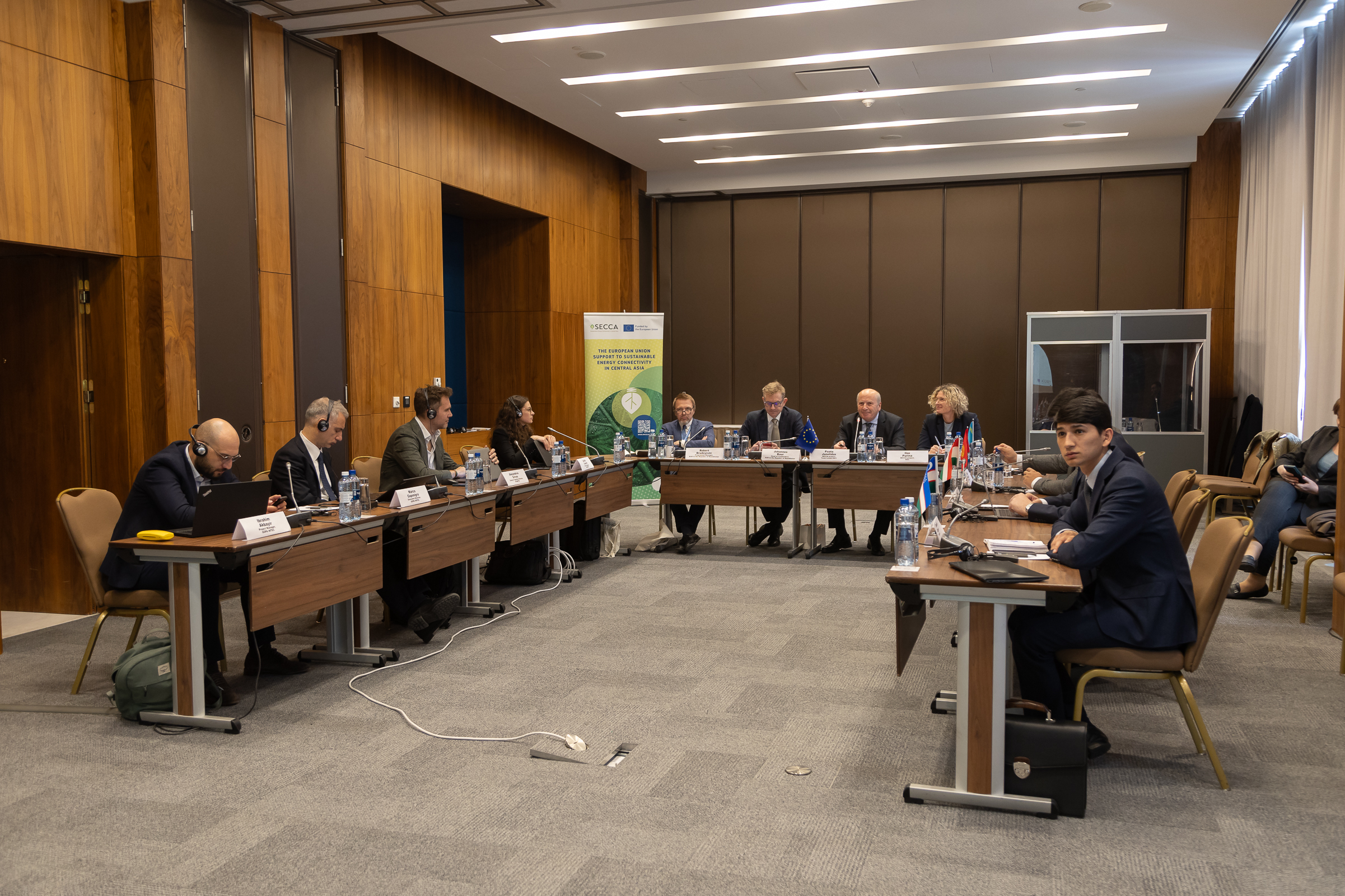As part of the European Union – Central Asia Sustainable Energy Days campaign, the European Union (EU) funded project “Sustainable Energy Connectivity in Central Asia (SECCA)” is announcing the regional (Central Asia) media contest “Energy transition for a better tomorrow”. Journalists are invited to submit their materials on the following topics: sustainable energy, renewables, energy efficiency, gender equality in the energy sector, STEM education for girls, green/sustainable building practice, EU–Central Asia sustainable energy cooperation, EU–Central Asia research cooperation under Horizon Europe Programme’s Cluster “Climate, Energy, and Mobility” published in print or online media or aired/broadcast on TV/radio in the period from 15 April 2024 to 14 May 2025.
The European Union (EU) is a global leader on green transition and climate action. The EU countries are committed to become the first climate-neutral continent by 2050. Energy transition brings profound socio-economic and ecological effects.
In line with the EU Strategy for Central Asia and the “Team Europe” initiative on water, energy, and climate change in Central Asia, developed under the Global Gateway strategy, and by building upon the region’s potential in solar, wind and hydroelectric energy, the EU supports the five Central Asia (CA) countries – Kazakhstan, Kyrgyzstan, Tajikistan, Turkmenistan and Uzbekistan – in their energy transition efforts towards modern, safe, and sustainable energy systems, while contributing to the global fight against climate change.
The EU fosters the CA countries energy resilience through sharing its best available technologies and expertise in renewables, energy efficiency, green/sustainable building technologies, etc. The EU also acknowledges the importance of ensuring inclusive and gender-responsive energy policies and makes sure that its efforts in promoting sustainable energy address gender equality issues, foster women empowerment, reduce inequalities, promote girls’ education in STEM and their future employment in the energy sector.
The purpose of this media contest is to boost public awareness for transition to clean energy for the benefit of people and the Planet, to raise awareness on sustainable energy development, including scaling up renewables, improving energy efficiency, as well as raising awareness on the benefits of the transition into more sustainable and gender-responsive energy systems.
As a result of the media contest, 3 winners will be selected. The winners will receive cash prizes:
- The first-place winner will receive EUR 3,000
- The second-place winner will receive EUR 2,000
- The third-place winner will receive EUR 1,000.
Deadline for submission of application: 14 May 2025 (23:59 UTC+5). Late applications will not be considered. Journalists from regional and local print and online media, TV/radio stations are welcome to apply.
The Contest Rules
To participate in the contest, the applicants should meet the following criteria:
- Be a citizen of one of the five Central Asian countries (Kazakhstan, Kyrgyzstan, Tajikistan, Turkmenistan, or Uzbekistan).
- Age: at least 18 years old.
- The languages of the contest materials – Russian, English, or Kazakh, Kyrgyz, Tajik, Turkmen, Uzbek with the translation into Russian or English. An unofficial translation is accepted.
- An eligible entrant must be an individual. Entrants must be the authors and copyright owners of the material submitted in their name. The contest material should be an original piece of work and not a translation or adaptation of another journalist’s work.
- The materials of individual authors on the above-mentioned topics published in print or electronic media or aired/broadcast on TV/radio within the last 12 months and up to the deadline – that is during the period from 15 April 2024 to 14 May 2025, in the amount of no more than 3 materials from one applicant are accepted for participation in the contest.
- The authors of all the submitted materials shall withhold the rights to their work. By submitting their materials, authors grant the EU-funded SECCA project the right to use them for non-commercial purposes, always crediting the authors and media outlets. Any commercial use shall require the agreement of the author and media outlet.
To take part in the contest, an applicant shall fill out the application form (find below) and attach to it the contest materials (article, feature story, interview, TV/radio story/programme) with indication of hyperlinks to the materials, and in case of a print media attach a scanned PDF copy with the name of the media outlet, date, and number of the issue. The application and all attached materials shall be sent to the e-mail address: media@secca.eu.
